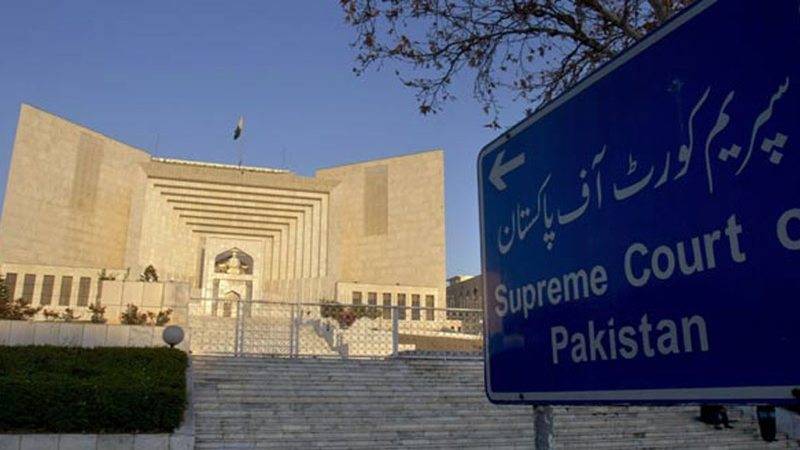ISLAMABAD - The Supreme Court on Wednesday refused to entertain a petition wherein its indulgence for increasing the number of benches of Lahore High Court in different divisions was sought. Top court’s registrar office stated that the petitioner did not approach the proper forum for redressing their grievances.
The petition was moved by Member Executive Committee of Pakistan Bar Council (PBC) Raheel Kamran Sheikh seeking directions of top court for establishment of LHC’s new benches in Faisalabad, Gujranwala, Dera Ghazi Khan, Sargodha and Sahiwal.
The petition also challenged the decision of Full Court Meeting of LHC held on July 15 to 17, 2016, wherein demand of establishment of more benches was rejected.
Currently the LHC has three benches established in Multan, Rawalpindi and Bahawalpur. “A comparison of the population within the province of Punjab shows that Faisalabad is the second most populous Division of the province whereas population of Gujranwala, Dera Ghazi Khan and Sargodha Divisions are not very different from those of Rawalpindi and Multan Divisions and population of Sahiwal Division is comparable to that of Bahawalpur Division.”
The petition filed under Article 184 (3) stated: “Any attempt to curtail or restrict access to justice and centralize it is destined to destroy the very notion of the rule of law, one of the key edifices upon which the foundation of our very state rests.”
It added that the decision taken by LHC in Full Court Meeting is void being arbitrary, discriminatory and violative of a number of other fundamental rights. Sheikh termed the decision as violation of fundamental right of access to justice, promotion of elitism and centralization and undermining the rule of law.
“There is no constitutionally valid justification or reasonable classification available for discriminating against the people of Faisalabad, Gujranwala, Dera Ghazi Khan, Sargodha and Sahiwal Divisions while refusing to have Benches of the High Court there.” It is further submitted that for the last more than one decade, there has been a persistent demand made by the District Bar Associations of Faisalabad, Gujranwala, Dera Ghazi Khan, Sargodha and Sahiwal for the establishment of new benches of the High Court.
“At the heart of such demand lies the complaint that for them the access to justice is more expensive, less convenient and manifestly discriminatory compare to other citizens who are residents of Rawalpindi, Multan and Bahawalpur where permanent Benches of the High Court have been established since 1981.”
The petition contended that in order to file cases and attend hearings, litigants and their counsels from these Divisions have been burdened with travelling distances, costs of boarding or lodging and transportation.
“The same is a time consuming exercise also. In many cases, matters are adjourned on various dates. The litigants are constrained to engage advocates stationed at Lahore or other Divisions where Benches have been established, for higher fees that are commensurate with their higher costs of living and practicing.”
“The manner in which the decision in question of the Lahore High Court was made behind closed doors, it is respectfully submitted, completely lacks transparency and the same is manifestly in violation of the provision of Article 198(4) of the Constitution.”
It added that the establishment of new benches is definitely a matter of public importance involving enforcement of a number of fundamental rights of the citizens, Article 19A of the Constitution itself guarantees the right to information in all such matters. “The decision taken in the Full Court Meeting by the Hon’ble Lahore High Court is in complete disregard for the resolution passed by the Human Rights Committee on 21.05.2016 and approved by the Pakistan Bar Council in its 216th Meeting.”
It is stated that the demand of establishment of more benches in division has been pending since almost a decade and the same has not been attended to properly in a just, fair and transparent manner, and unfortunately some of the lawyers disgruntled with the situation have expressed their frustration.
“This has caused irreparable loss and damage to the rule of law in Pakistan and the reputation of our judicial system,” it added.






